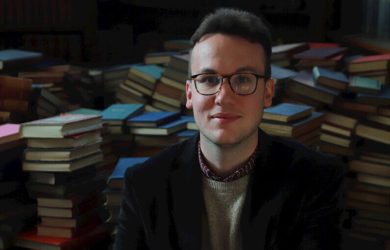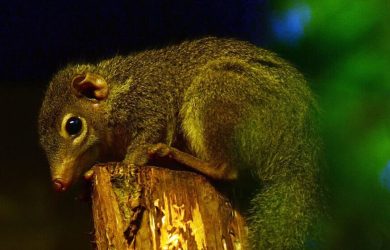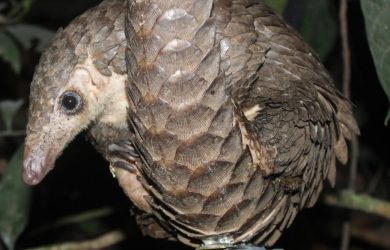News

Benjamin Cocanougher
- Alumni
- United States
- 2016 PhD Zoology
- St Catharine's College
I grew up catching praying mantises and damselflies in rural Kentucky. As an undergraduate at Centre College, I majored in Biochemistry and Molecular Biology; I spent my summers taking care of sick children at the Center for Courageous Kids and doing research in organic chemistry and neuroscience. I matriculated directly to the University of Rochester School of Medicine and Dentistry and completed my first three years of medical school. I then moved to Janelia Research Campus as a HHMI Medical Research Fellow; there I studied the neural and genetic bases of behavior. As a PhD student in Zoology, I will study adaptive behavior. All animals integrate information about past experience into future decisions; this is the basis of learning and memory. I am proposing to write a specific memory and read the memory trace in the brain. I will use the fruit fly as a model organism. By understanding mechanisms of memory storage, we can begin to investigate changes in memory formation in disease; this may allow us to develop rational therapies for disorders of memory formation, including autism and Alzheimer’s disease. After completing my PhD, I will return to finish my last year of medical school and pursue a career as a child neurologist and neuroscientist, using my lab to better understand the patients I see in clinic.
Previous Education
Centre College
- Share
Latest News
An existential psychological thriller for aesthetes
Christy Edwall’s first novel, History Keeps Me Awake at Night, out in early February, has been described as “an existential psychological thriller for aesthetes and lovers of cultural London and […]
A detective of ancient climate change
Stijn De Schepper is an ancient detective. His job is to investigate past climate change through working his way down the ocean bed, starting with today’s sediment and moving back […]
The rich history inside ancient texts
The ancient Greek texts Daniel Hanigan [2019] has been studying for the last three years have been seen as a kind of ancient lonely planet guide, but he found something […]
Omicron variant study could contribute to future vaccine development
All the omicron strains are different from the original COVID infection and from each other, but repeated exposure to pre-omicron variants can protect against omicron variants, according to a new […]
Scholar wins prestigious business book award
A Gates Cambridge Scholar has won a prestigious business book publishing prize for her proposal on the pioneering work of climate change entrepreneurs. Âriel de Fauconberg was one of three […]
Decolonising energy policy research
Energy policy in the Global South needs to be rooted in the local context, according to a new paper, co-authored by a Gates Cambridge Scholar, which outlines ways of bridging […]
Is climate change affecting animals’ body size?
New evidence shows that some mammals increase in size in warmer settings, upsetting established norms and suggesting that climate change may be having an unexpected impact on animal body size. […]
How anti-black logic travelled back to Africa
When she first started doing Women’s Studies, Ola Osman [2019] spent time in Liberia researching the impact of the civil war on women. For her PhD she has taken a […]
Research impact award for pangolin expert
A Gates Cambridge Scholar has been selected for the University of Cambridge’s Vice-Chancellor’s Award for Research Impact and Engagement for his work with communities and law enforcement agents in Nigeria […]
Reports chart impact of climate change on health
Europe is facing unprecedented and overlapping crises that are detrimental to human health and livelihoods which continued investment in fossil fuels is exacerbating, according to the first indicator report** of […]

















